The teaching of Greek philosophy: Context, practices, and accessibility
The teaching of Greek philosophy in antiquity was a complex and evolving phenomenon, shaped by the sociopolitical and cultural contexts of the Greek world. Far from being universally accessible or confined to formal institutions, philosophy was practiced and taught in a variety of settings, from private discussions and informal gatherings to the more structured environments of academies and schools established by prominent thinkers such as Plato and Aristotle. Greek philosophy was not merely an abstract or academic pursuit but a way of life, deeply intertwined with questions of ethics, politics, and spirituality. Moreover, the distinction between philosophy and religion, which characterizes much of modern thought, was less pronounced in ancient Greece, where philosophical inquiry often complemented and critiqued traditional religious practices.

Greek gymnasium in Sardes, Lydia (today: Turkey). The gymnasium was a central institution for physical, intellectual, and moral education in ancient Greece, reflecting the ideal of a balanced development of body and mind. Source: Wikimedia Commonsꜛ (license: CC BY-SA 4.0)
Philosophy in the polis: A cultural and social framework
Philosophy emerged and flourished within the context of the polis (city-state), which served as the central unit of Greek political, social, and cultural life. The polis fostered a culture of public discourse and debate, particularly in democratic city-states such as Athens, where citizens participated in decision-making processes through assemblies and law courts. This environment encouraged the development of rhetoric, logic, and critical inquiry, skills that were central to the practice of philosophy.
While not every Greek citizen was well-versed in philosophy, the culture of the polis ensured that philosophical ideas often intersected with broader societal concerns. Philosophers addressed issues of justice, governance, ethics, and the nature of the good life, making their teachings relevant to the civic and moral responsibilities of individuals. However, the degree to which philosophical education was accessible to the general population varied significantly depending on factors such as social status, wealth, and gender.
Early philosophy: Oral traditions and private instruction
In its earliest stages, Greek philosophy was primarily an oral tradition, disseminated through conversation, debate, and public teaching. Figures such as Thales, Heraclitus, and Pythagoras did not establish formal schools but attracted followers who engaged with their teachings in informal settings. Pythagoras, for example, founded a semi-religious community in Croton, where his philosophical and mathematical ideas were taught alongside ethical and spiritual practices.
Socrates epitomizes the oral nature of early Greek philosophy. He did not write down his teachings but engaged in dialectical conversations with individuals in the public spaces of Athens, such as the agora. These dialogues, preserved through the works of his students, particularly Plato, illustrate a method of teaching based on questioning, refutation, and the pursuit of clarity and self-knowledge. Socratic philosophy was thus both a public and deeply personal endeavor, accessible to those who encountered Socrates directly but not institutionalized in a formal sense.
The Rise of philosophical schools: Academies and lyceums
The establishment of formal schools of philosophy marked a significant development in the teaching and dissemination of philosophical ideas. Plato’s Academy, founded around 387 BCE in Athens, was the first institution of higher learning in the Western world. It provided a structured environment for the study of philosophy, mathematics, astronomy, and politics, attracting students from across the Greek world. The Academy operated on a communal and dialogical model, emphasizing the importance of discussion and critical inquiry.
Remains of the wall in the western part of Aristotle’s lyceum in Athens. The Lyceum was a grove dedicated to Apollo Lykeios next to the Gymnasium near Athens and referred to a series of educational institutions. Source: Wikimedia Commonsꜛ (license: public domain)
Aristotle’s Lyceum, established in 335 BCE, expanded the institutional framework of philosophy, incorporating systematic research and teaching across a wide range of disciplines, including biology, ethics, and logic. The Lyceum was notable for its emphasis on empirical observation and classification, reflecting Aristotle’s commitment to integrating theoretical and practical knowledge.
Other philosophical schools, such as the Stoic school founded by Zeno of Citium, the Epicurean Garden, and the Cynic tradition, developed distinct approaches to teaching and living philosophy. These schools often combined formal instruction with communal living and practical exercises aimed at cultivating virtue and wisdom.
The Gymnasium: Physical and intellectual training
In addition to academies and lyceums, the gymnasium played a central role in the educational and intellectual life of ancient Greece. Originally established as spaces for physical training and athletic preparation, gymnasia evolved into venues where physical, intellectual, and moral education were integrated. The gymnasium was a place where young men, particularly those from wealthy families, prepared for their roles as citizens of the polis through rigorous training in both body and mind.
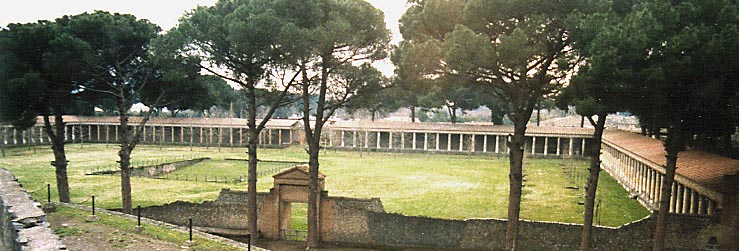
The gymnasium in Pompeii. Source: Wikimedia Commonsꜛ (license: CC BY-SA 3.0)
The gymnasium’s intellectual dimension grew over time, particularly in Athens, where it became associated with philosophical instruction and debate. Philosophers, including Socrates and later Aristotle, frequented gymnasia, engaging in discussions and teaching their students in these public spaces. The Lyceum itself was situated next to a gymnasium, highlighting the close connection between physical and intellectual cultivation in Greek education.
The gymnasium on Kos, a Greek island in the southeastern Aegean Sea. Source: Wikimedia Commonsꜛ (license: CC BY-SA 3.0)
Through its integration of athletic and philosophical pursuits, the gymnasium reflected the Greek ideal of a balanced and harmonious development of body and mind. It also served as a social hub, fostering networks of intellectual exchange and mentorship that contributed to the dissemination of philosophical ideas.
Accessibility to philosophy: Who participated?
The accessibility of philosophical education in ancient Greece was limited by social and economic factors. Formal philosophical schools, such as the Academy and the Lyceum, primarily catered to wealthy male citizens who could afford the leisure and resources necessary for study. Slaves, women, and non-citizens were largely excluded from these institutions, though there were exceptions. For example, Epicurus’ Garden was notable for its inclusivity, welcoming women and slaves as participants in philosophical discourse.
Informal philosophical teaching, such as the dialogues of Socrates or the itinerant lectures of Sophists, was more accessible but still limited by the societal structures of the polis. The Sophists, who offered instruction in rhetoric and practical knowledge for a fee, made philosophical education available to a broader audience, though their teachings often attracted criticism for prioritizing persuasion over truth.
Philosophy and religion: Complementary and critical systems
In ancient Greece, philosophy and religion were deeply interconnected, often addressing similar questions about the nature of the cosmos, the divine, and the human condition. Philosophers frequently engaged with religious ideas, either by reinterpreting traditional myths and rituals or by critiquing the anthropomorphic deities and practices of Greek religion. For example, Xenophanes criticized the human-like depictions of gods in Homeric poetry, advocating for a conception of the divine as singular and transcendent.
Philosophy often complemented religion by providing a rational and ethical framework for understanding the divine and its relationship to the natural world. Pythagoreanism, for instance, combined mathematical inquiry with spiritual practices, emphasizing harmony and order as reflections of divine principles.
At the same time, philosophy challenged traditional religious beliefs, particularly those based on superstition or fear. Epicurus, for example, rejected the idea of divine intervention in human affairs and sought to dispel the fear of death through rational understanding. Similarly, the Stoics reinterpreted the concept of divinity as synonymous with the rational order of the cosmos, emphasizing the importance of aligning human will with this universal reason.
Conclusion
The teaching of Greek philosophy represents a dynamic and multifaceted tradition that has profoundly shaped intellectual history. The systematic approaches of Plato and Aristotle provided the foundations for medieval scholasticism, influencing both Western and Islamic worlds, while the ethical and practical teachings of the Hellenistic schools shaped early Christian theology and Renaissance humanism. The dialogical and critical methods developed by Greek thinkers continue to inform contemporary education and intellectual inquiry, emphasizing the importance of reason, debate, and the pursuit of wisdom.
References and further reading
- Hellmut Flashar, Michael Erler, Günter Gawlick, Woldemar Görler, Peter Steinmetz, Die Philosophie der Antike. Bd.4. Die hellenistische Philosophie, 1994, Schwabe, Aus der Reihe: Grundriss der Geschichte der Philosophie, ISBN: 9783796509308
- Jaeger, W., Paideia: The Ideals of Greek Culture, 1986, Oxford University Press, ISBN: 978-0195040470
- Guthrie, W. K. C., A History of Greek Philosophy (Vols. 1–6), 1962–1981, Cambridge University Press
- Hadot, P., Philosophy as a Way of Life: Spiritual Exercises from Socrates to Foucault, 2010, Blackwell, ISBN: 978-0631180333
- Kerferd, G. B., The Sophistic Movement, 1981, Cambridge University Press, ISBN: 978-0521283571
- Nightingale, A. W., Spectacles of Truth in Classical Greek Philosophy: Theoria in Its Cultural Context, 2009, Cambridge University Press, ISBN: 978-0521117791

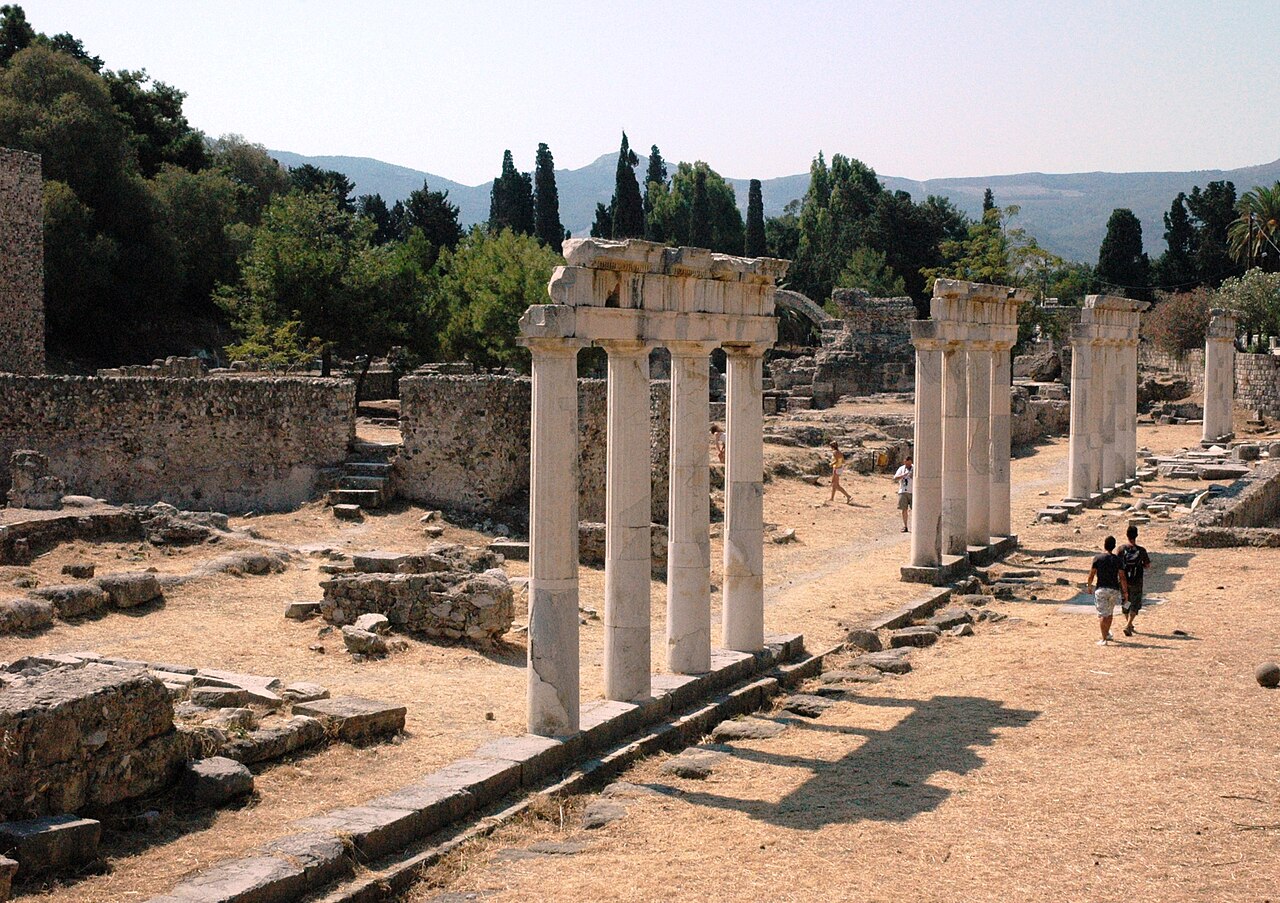


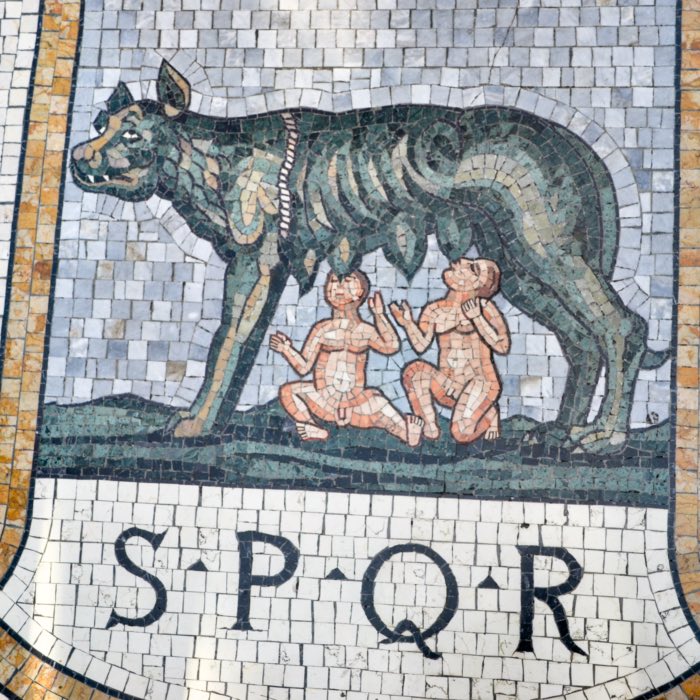
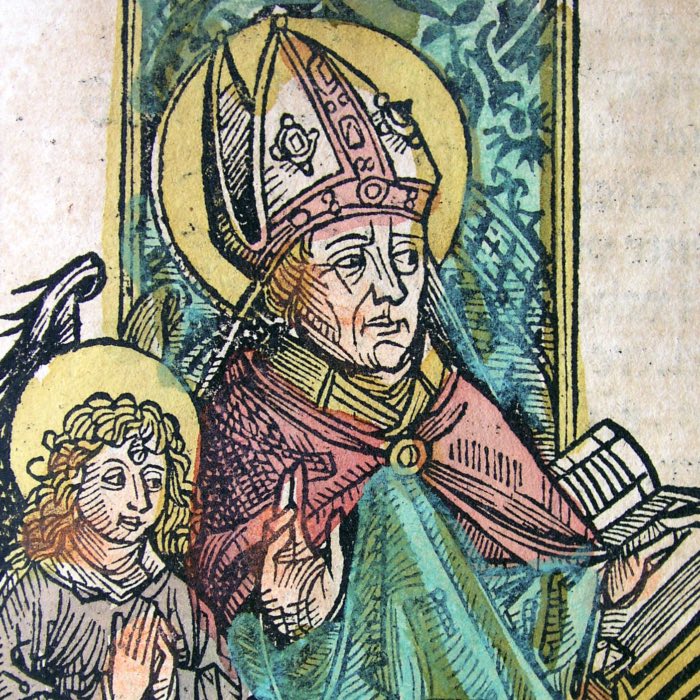
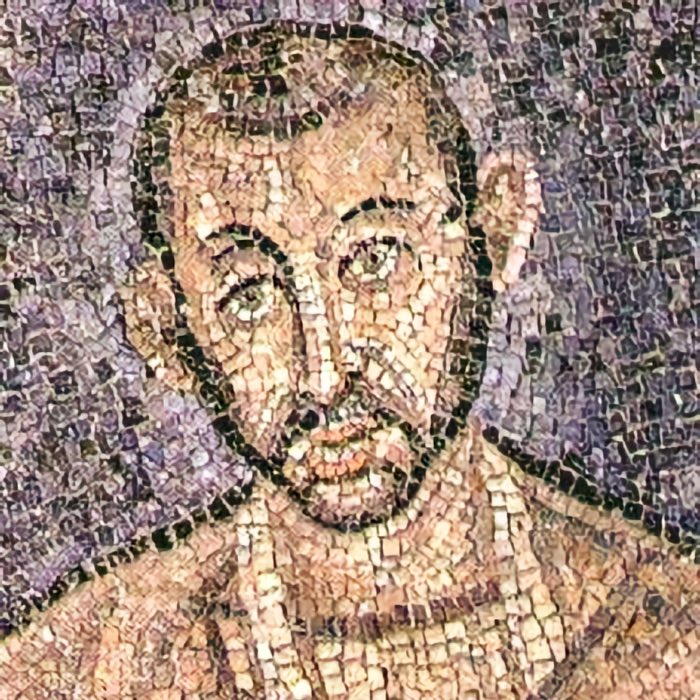
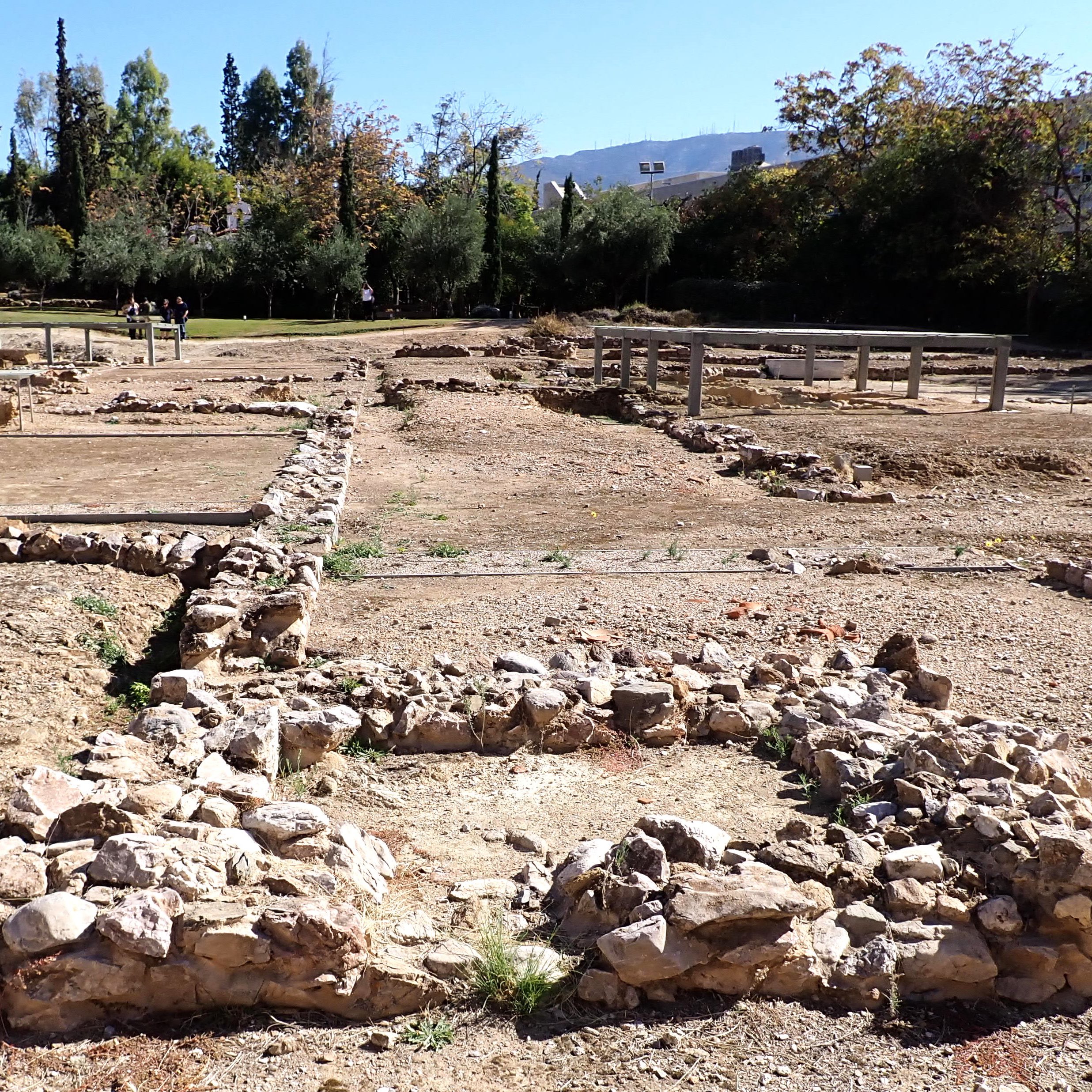
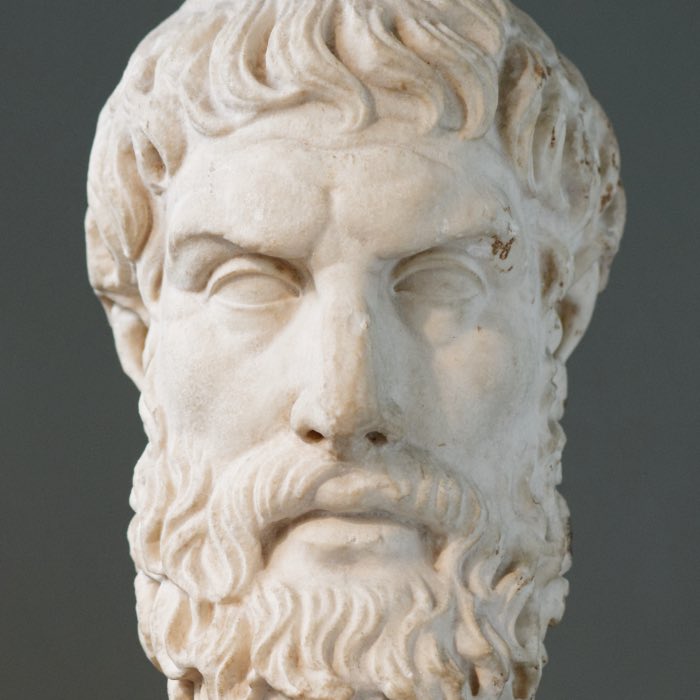
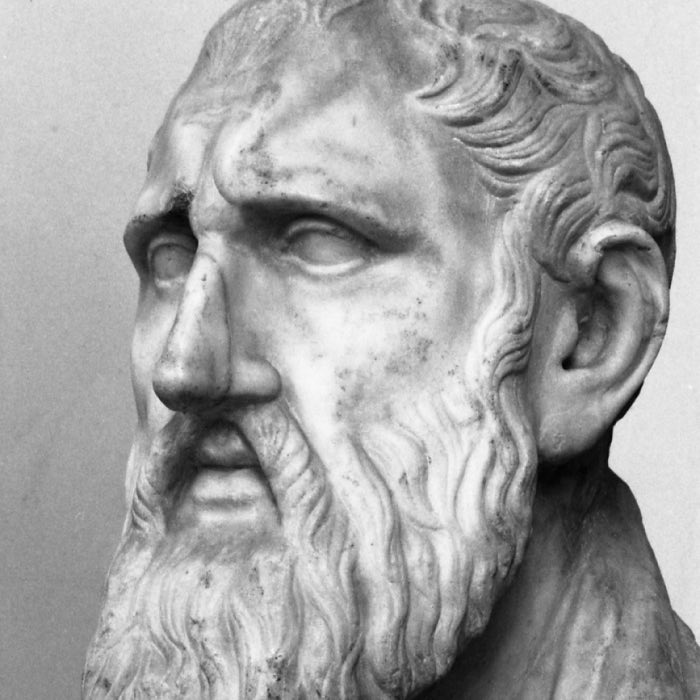
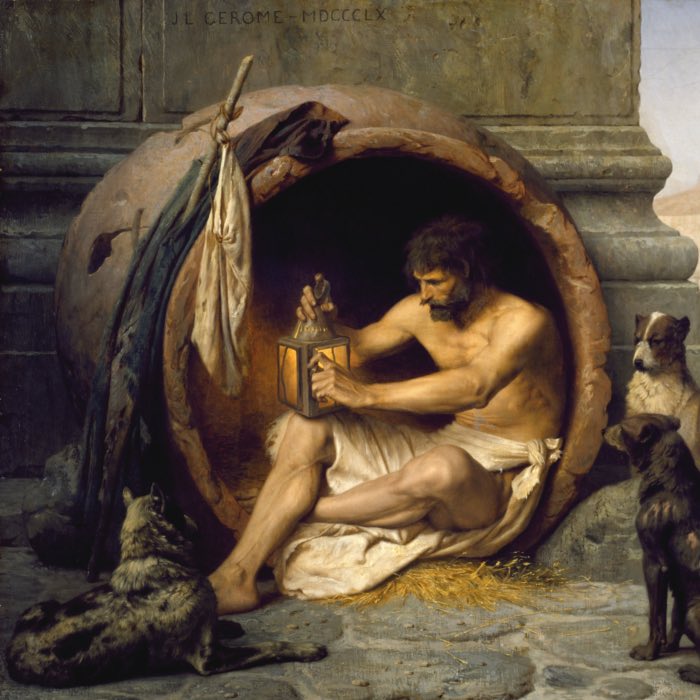
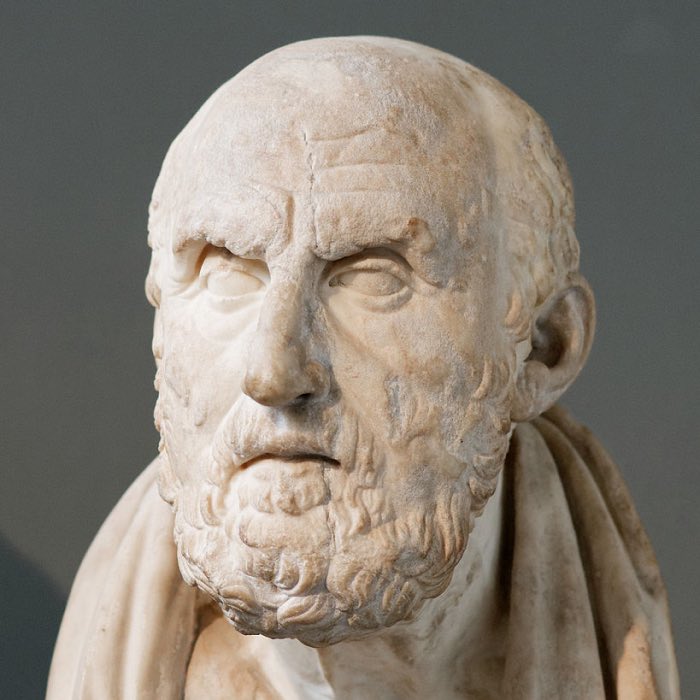
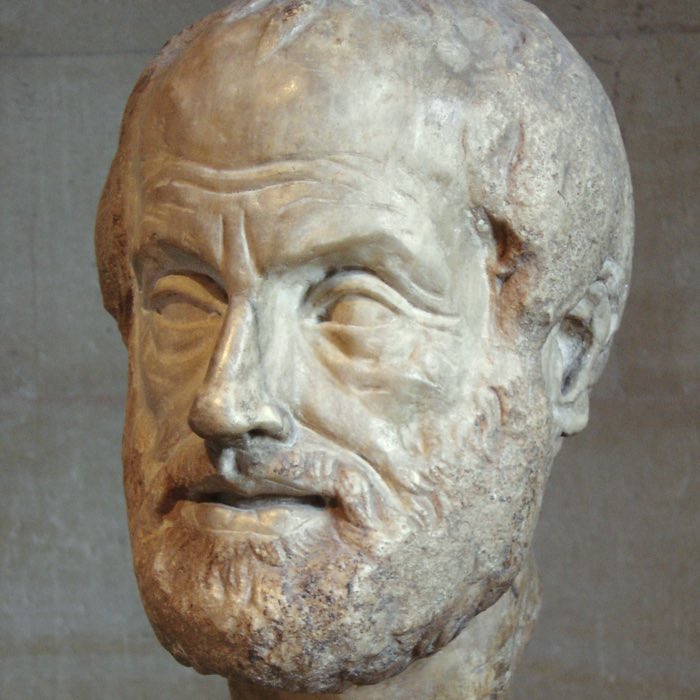
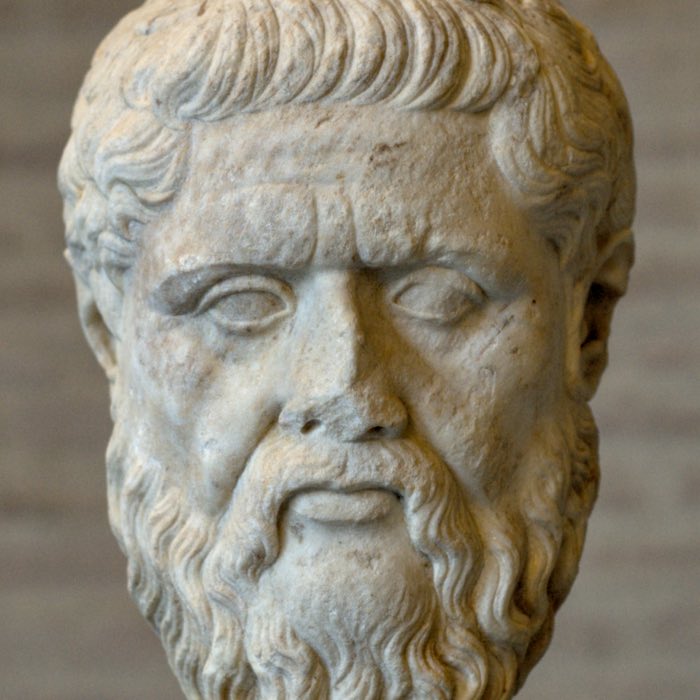
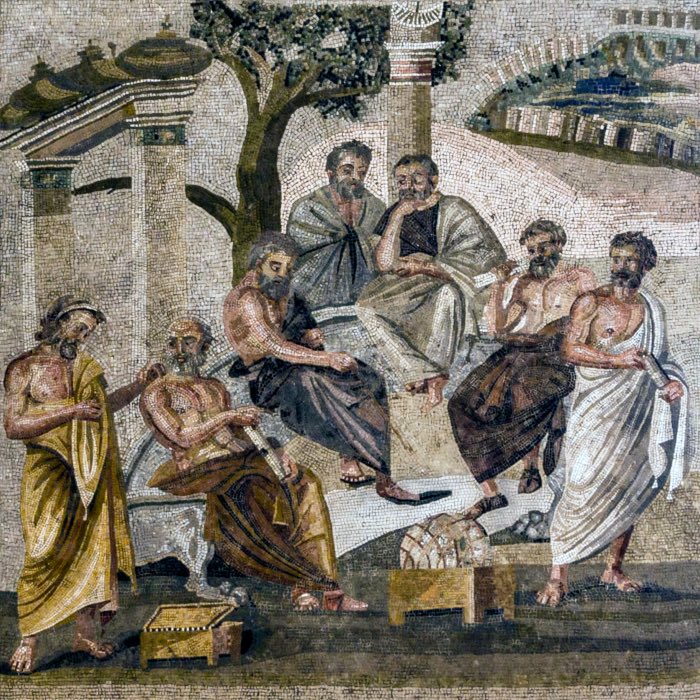
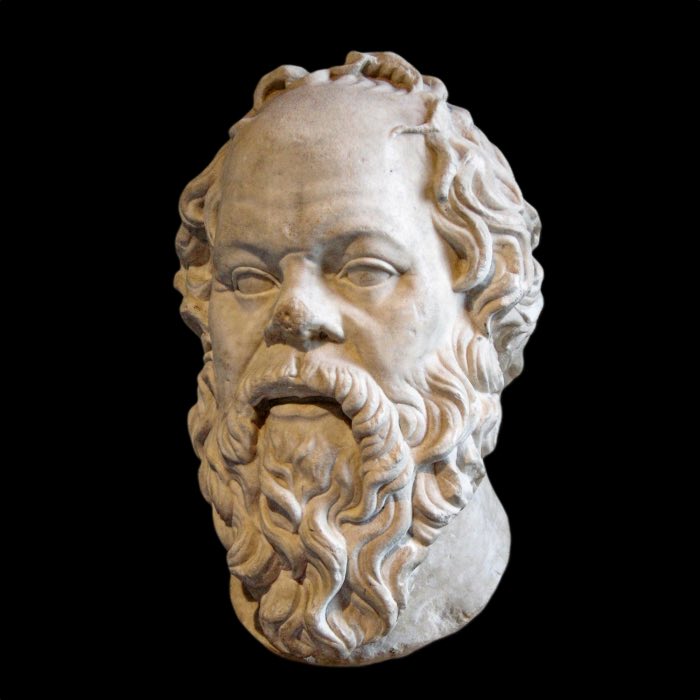
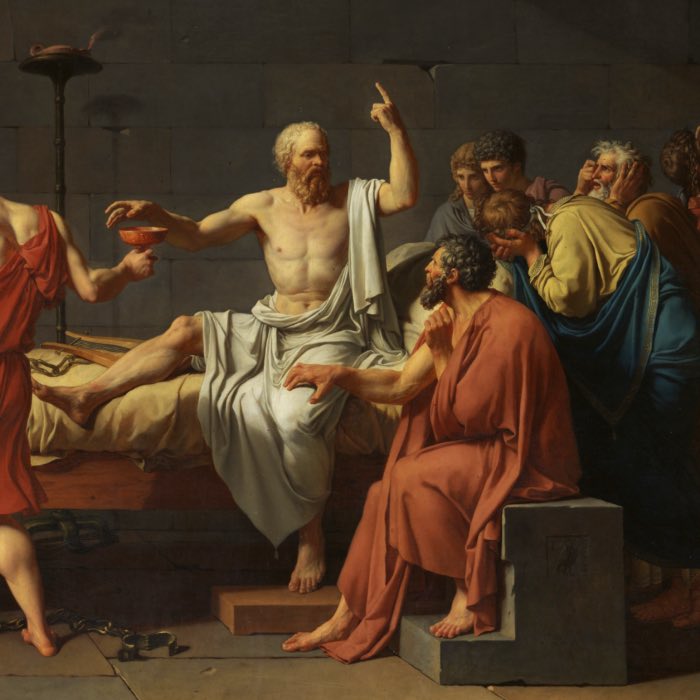
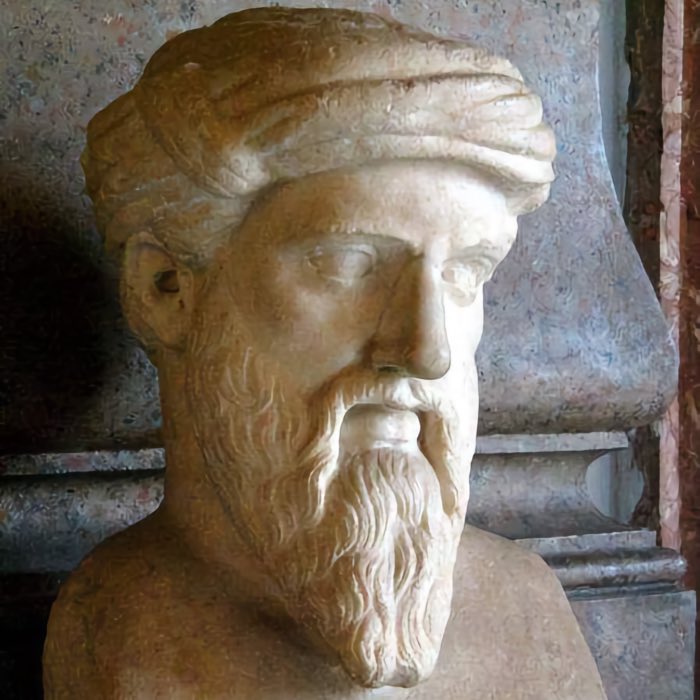
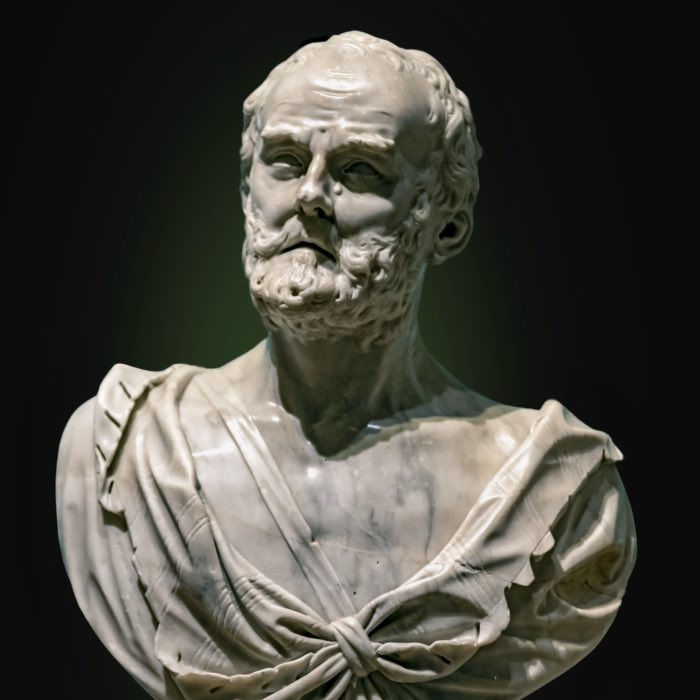
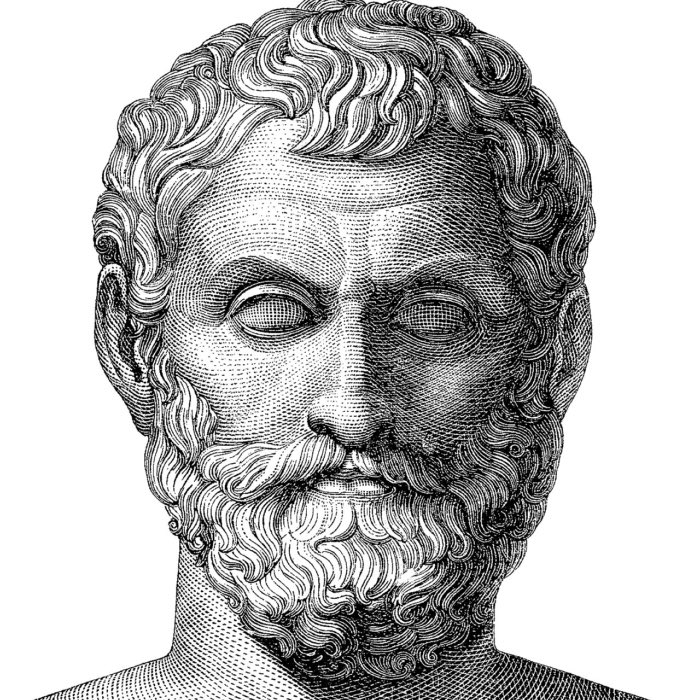
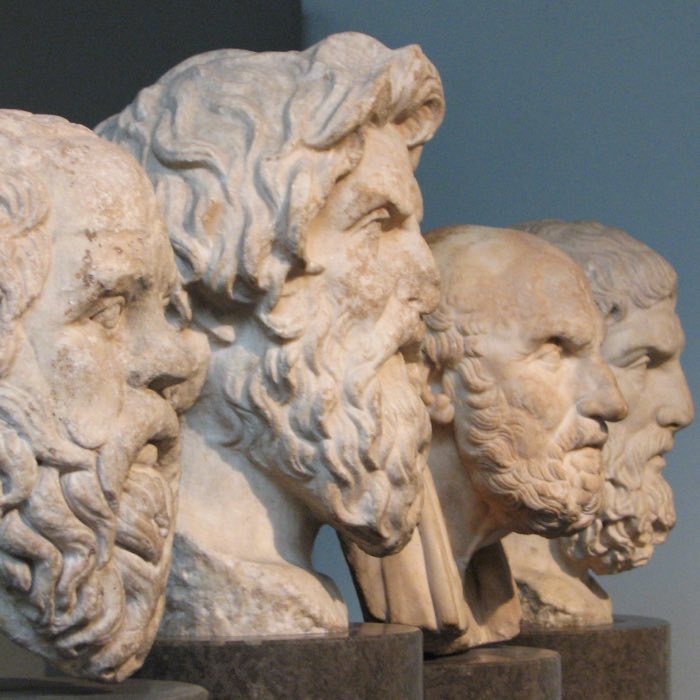



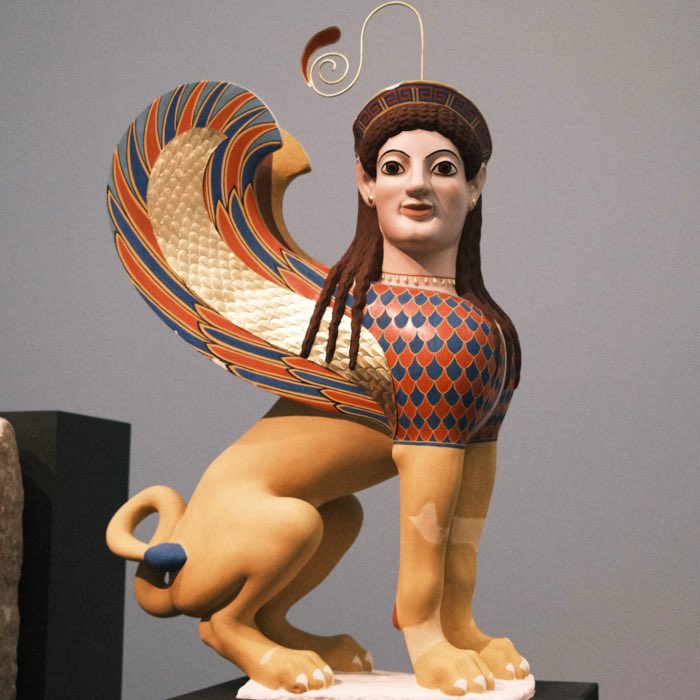
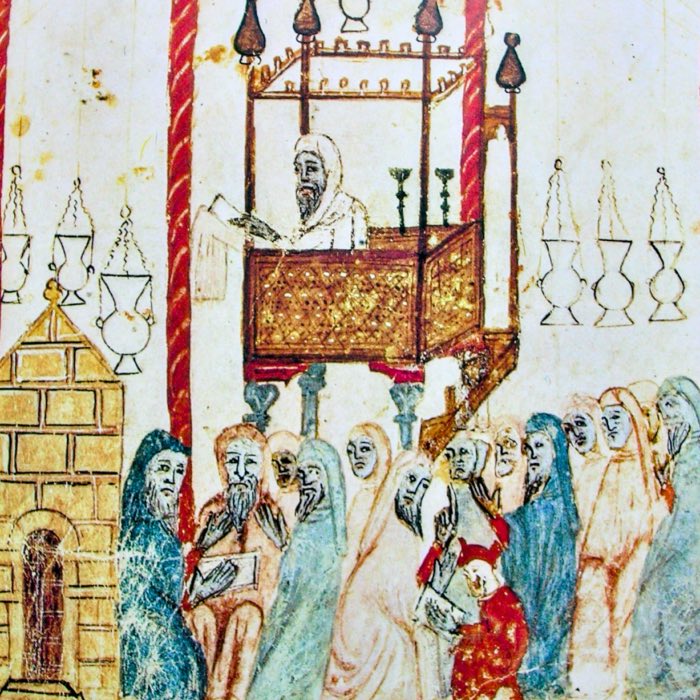

comments